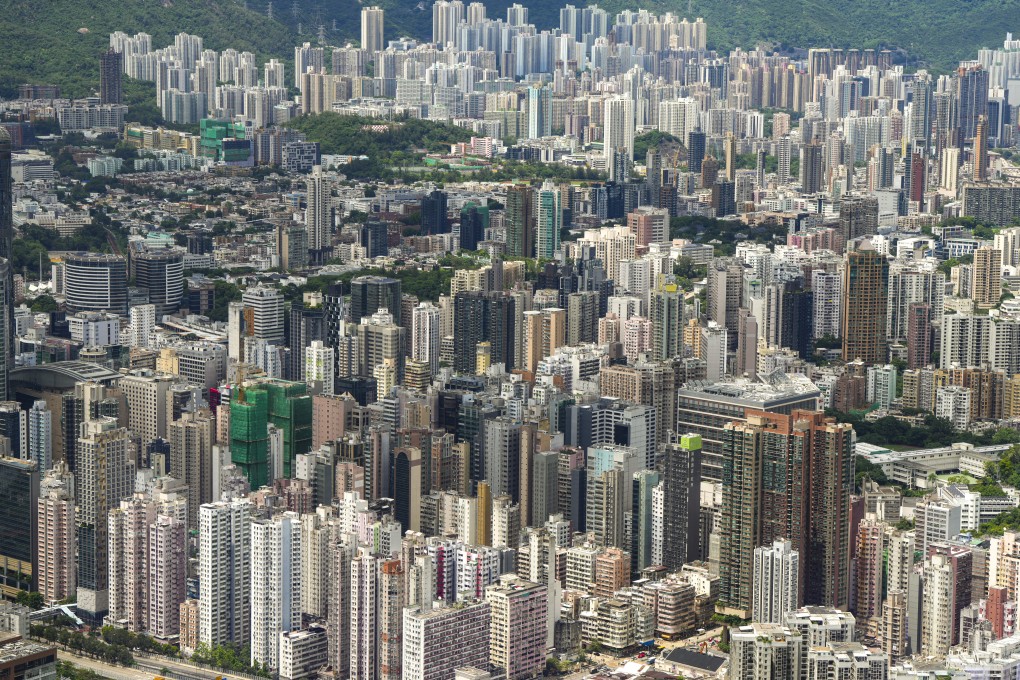Hong Kong should cut stamp duty by more than half for residents buying additional home, city’s largest political party says
- Democratic Alliance for the Betterment and Progress of Hong Kong says stamp duty on purchases of additional homes should be cut from 15 per cent to 6 per cent
- Party also floats ideas for boosting population, including offering subsidies for pregnant women and couples with newborns

Hong Kong’s largest political party is urging the government to cut by more than half the stamp duty that residents must pay when buying an additional home, as a way to boost the sluggish property market.
The Democratic Alliance for the Betterment and Progress of Hong Kong (DAB) also proposed a series of measures to tackle the city’s population crisis on Thursday, such as providing a one-off HK$10,000 (US$1,275) subsidy for couples with newborns and another HK$20,000 for pregnant women.
The party proposed slashing stamp duty from 15 per cent to 6 per cent that permanent residents must pay when buying an additional home. DAB lawmaker Holden Chow Ho-ding said many people had long wanted to buy another property but hesitated because of the “hefty” tax.
“By reducing the percentage of the stamp duty, we would be able to stimulate a profit [out of] the property market [and] to cater to the demand of Hong Kong residents,” he said.
The Financial Secretary’s Office said in a reply to the Post that the stamp duty primarily accorded with the needs for permanent residents for housing as supply was “still tight” in general.
The government had been “closely monitoring” developments in the residential property sector and would consider various factors, including market sentiment and future housing supply, when it came to the adjustment of measures, it added.
The proposals were among 88 suggestions the party submitted to Chief Executive John Lee Ka-chiu ahead of his second policy address, which is set for October 25.